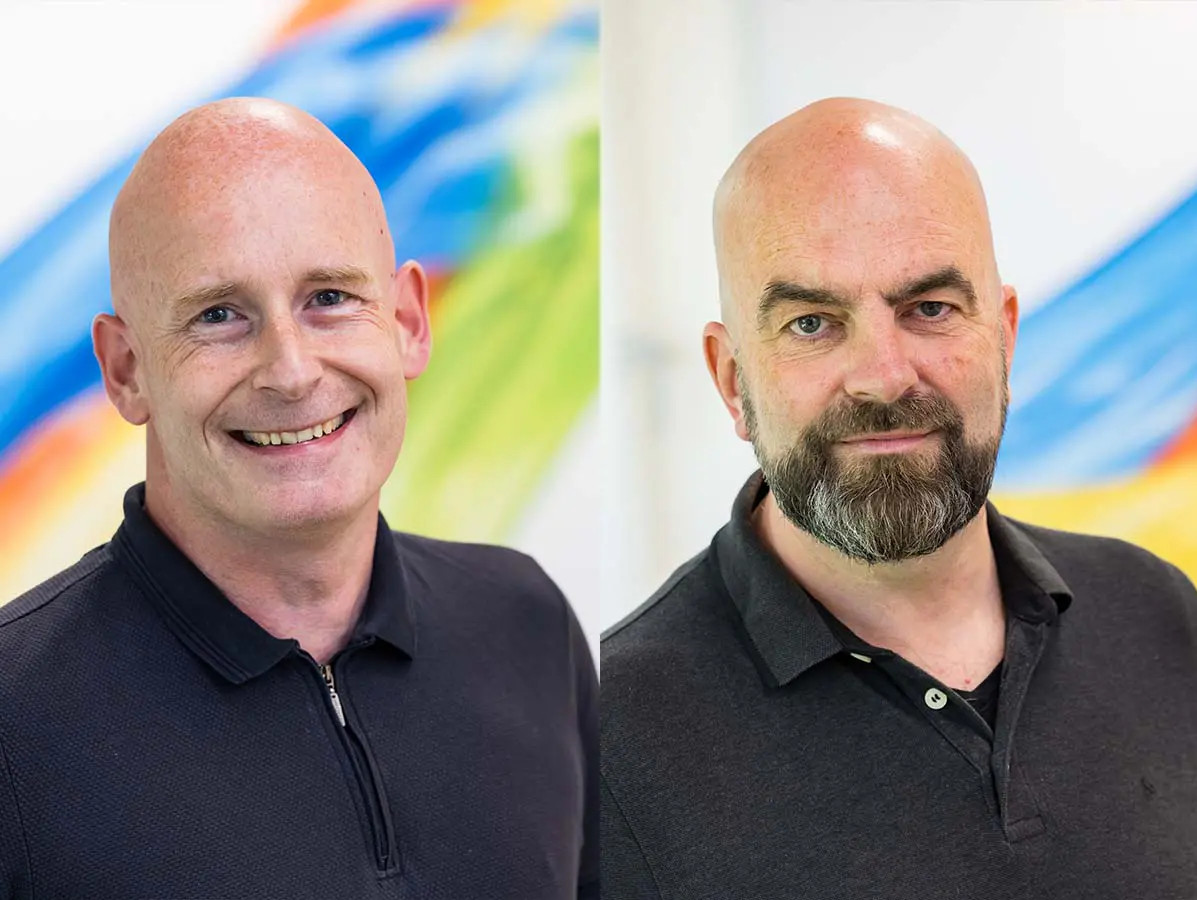
Ensuring food safety in the food industry requires a smart approach. Hygienic design plays a key role in this, but bringing together all the necessary expertise often proves challenging. Rinke Kortenbach, senior consultant, and architect Hans van den Hoorn of RBK Group stress the importance of an integrated approach: “Everyone holds a piece of the puzzle, but it takes a director to turn it into a cohesive whole.”
A good hygienic design starts with a well-thought-out logistical plan. “Without an efficient flow of goods and personnel, risks arise,” explains Kortenbach. RBK Group therefore begins by minimizing cross-contamination, implementing clear zones for specific activities. This approach not only improves food safety but also enhances productivity.
The technical design forms the next step. Elements such as temperature control, condensation management, and building installations are carefully tailored to the production environment. Material choice also plays a critical role: “All finishes must meet the highest hygiene standards,” says Van den Hoorn. With this meticulous detailing, RBK Group delivers a comprehensive solution that is both functional and sustainable.
With their integral approach, RBK Group takes the lead. By coordinating all aspects of hygienic design, the company helps food producers meet the strictest requirements while optimizing their processes. According to Kortenbach, the strength lies in collaboration: “Hygiene starts with a shared vision and ends with a practically executable design.”
Source: Vakblad Voedingsindustrie 2024